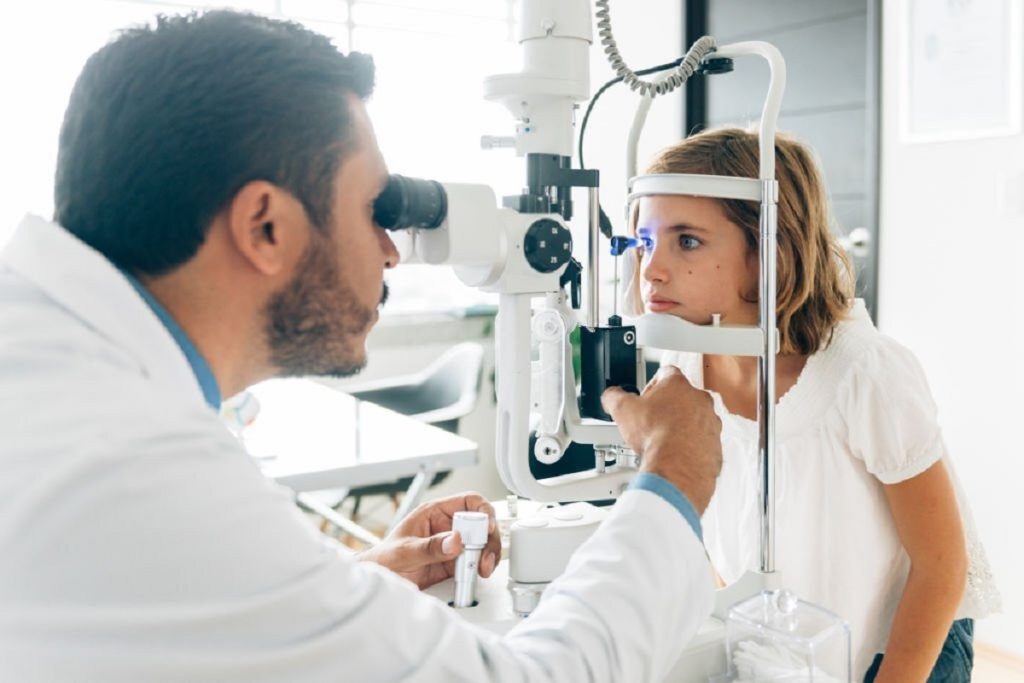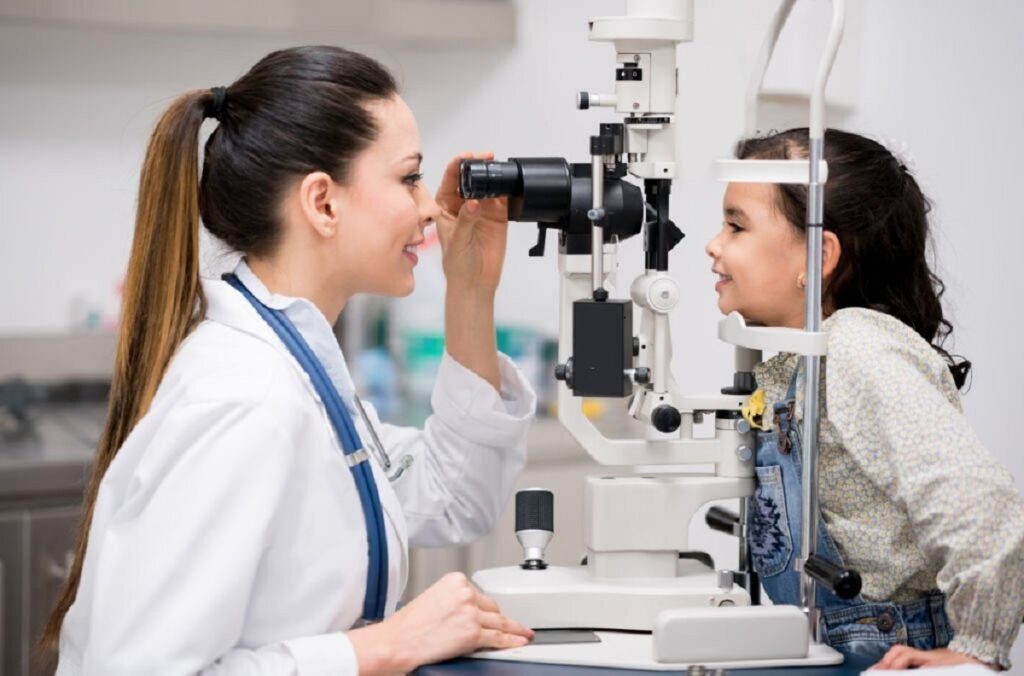Table of Contents
Have you ever contemplated the significance of a child’s eye examination beyond just checking their visual acuity? Could these regular children eye test offer insight into their overall health? Well, as parents, educators, or even health enthusiasts, it’s crucial for us to explore this subject. Without clarity in vision, children struggle not only with deciphering letters and numbers, but also their interaction with peers, their physical abilities, and their general cognitive development. The focus of this blog post will delve deeper into the fascinating relationship between children eye test and their broader health status.
We tend to underestimate the capabilities of the eyes as mirrors into the systemic health of our children which teems with immeasurable value. As challenging and convoluted as this subject might sound, we aim to simplify this by dissecting the nuanced intricacies and offering digestible perspectives. By understanding this connection, we can ensure that our children receive the best possible care, ensuring a brighter and healthier future.
The Eye as a Window to the Body
Why should we perceive the eye as more than just an organ of sight? A simple children eye test has the potential to unravel a host of health problems that even the child might not yet be aware of. The eyes are a complex system connected to the rest of our body, offering a clear map of blood vessels, nerves, and tissues, detailed enough to indicate signs of systemic anomalies such as diabetes, autoimmune disorders, and even malignancies. In children, these early detections often enable timely intervention, preventing irreversible damage.
Regular Eye Examinations: A Necessity
What exactly does an eye examination detect in your child’s health? Regular eye checks, beyond visual correction needs, ensures that your child is not quietly suffering from ailments such as amblyopia (lazy eye), strabismus (crossed eyes), and colour blindness, conditions that directly influence their ability to follow the curriculum at school and engage in activities. But even more impressively, eye examinations could warn us about high cholesterol, tumours or neurological disorders.
Strolling down the Memory Lane: Childhood Vision and Long-Term Health
When should we start thinking about children eye test for our children, and how often to do these? It’s recommended that a child’s first comprehensive eye examination happens around six months, then at three years, before school, and every two years thereafter. The goal is to ensure optimum vision development, track changes, and catch abnormalities early enough to prevent potential health disruptions in the future.

Pros and Cons: What You Need to Know
The advantages of regular children eye test are immense, ranging from early detection of visual issues, grasping systemic health warnings, to ensuring optimal development and a healthy future. The cons are few but important to consider: the potential anxiety of a child during such examinations, the possible need for glasses, or treatments which can sometimes complicate a child’s life initially.
Advocacy for Better Eyesight: Role of Educators and Parents
Who plays a crucial role in ensuring children get regular eye checks? Yes, it falls on both educators and parents. By being observant about behaviour changes and academic performance, those closest to the child can help detect early warning signs prompting urgent eye examinations.
Technology Revolutionising Children Eye Test
With an accelerating technological evolution, diagnostic procedures in children eye test are becoming more efficient, accurate and less intrusive. From fun and engaging vision app tests to modern optical coherence tomography, remote consultations, and even Artificial Intelligence (AI) prediction models, we can ensure a vast reach of eye health and systemic wellbeing.
Conclusion
In conclusion, it seems astounding, yet incredibly insightful, how much children eye test can reveal about their overall health. Regular eye examinations are therefore much more than just vision tests; they are crucial health checks that offer an invaluable peek into the systemic health of your child. As parents and educators, it’s our role to advocate for these regular checks and ensure that the little ones grow into their potential without health-related obstacles. Technology is also stepping in to make the process more efficient and less intrusive. So let’s open our eyes to this reality and commit to doin


